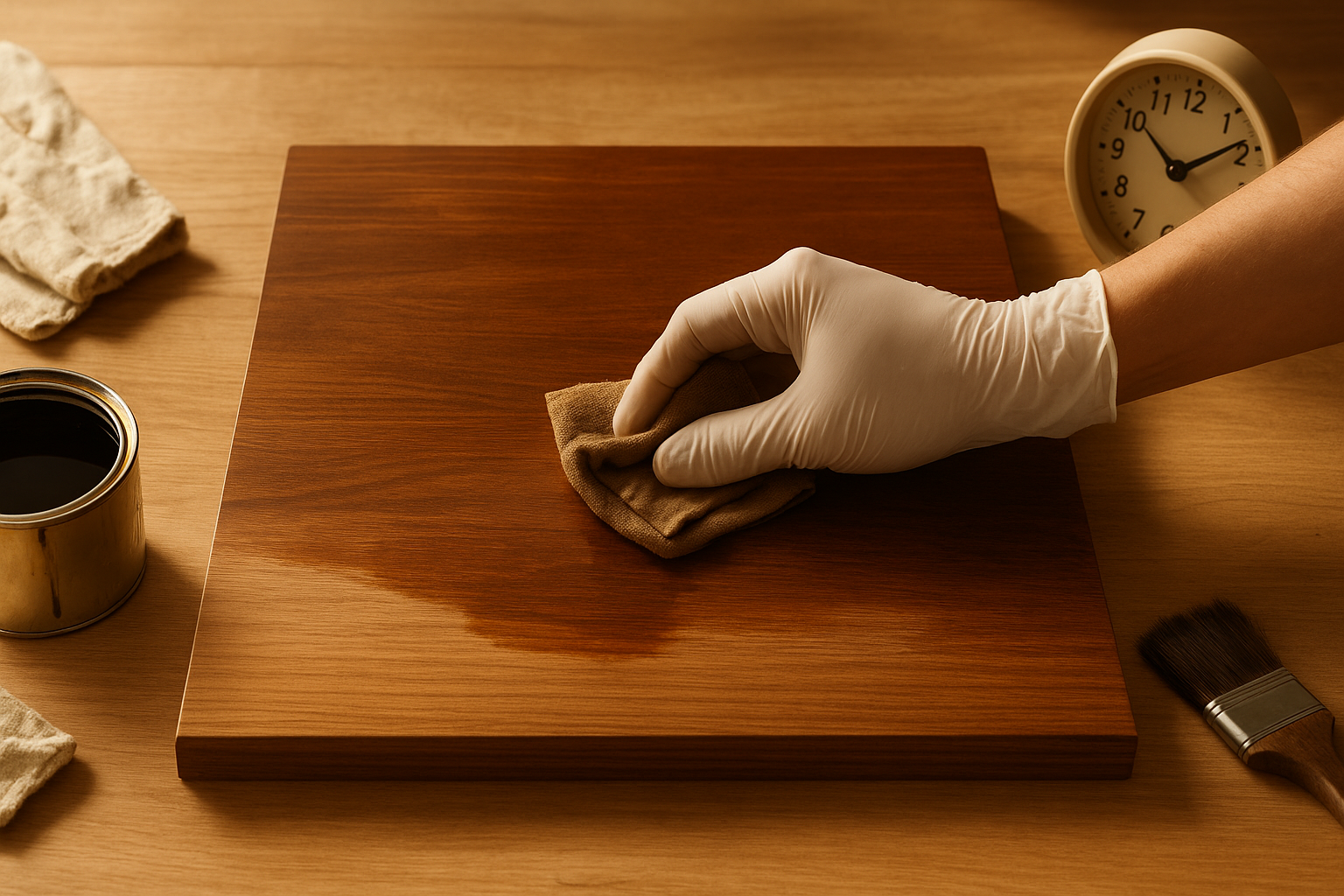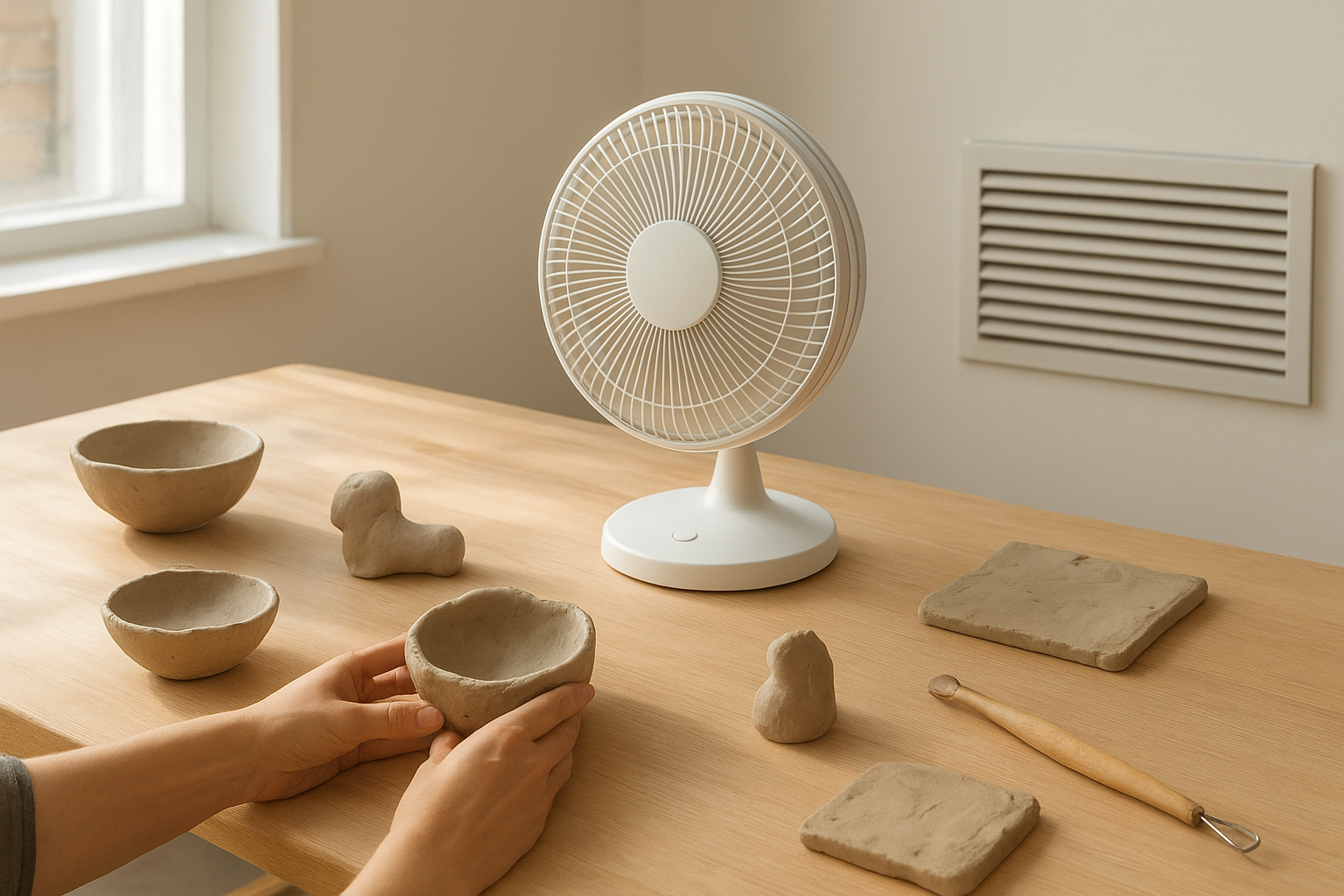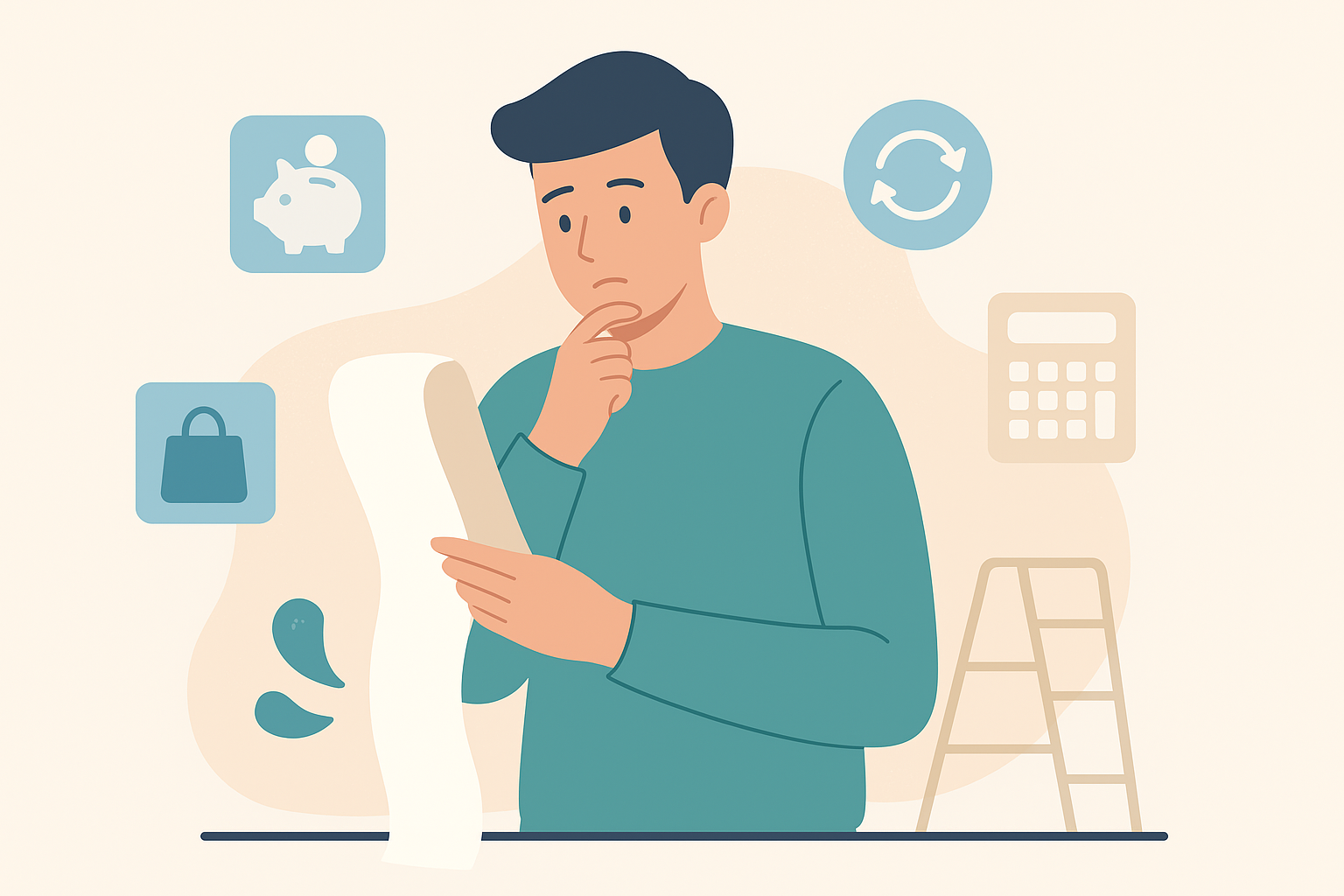We’ve all seen it: someone makes a purchase, takes the receipt, folds it neatly, and tucks it away in their wallet or purse. Some people even keep drawers, envelopes, or digital folders full of them. At first glance, it may seem like just a quirky habit — but there are actually several practical, emotional, and even psychological reasons why people collect their receipts.
Whether it’s about financial responsibility, legal proof, sentimental value, or just good organization, receipts play a bigger role in daily life than most of us realize. Let’s dive into why people collect their receipts and what this habit really says about us.
1. Receipts as Proof of Purchase
One of the most obvious reasons people collect receipts is proof of purchase. Retailers, banks, and even warranty providers often require a receipt as evidence in case of returns, exchanges, or refunds.
- Bought a gadget that turned out faulty? The receipt guarantees your right to return it.
- Purchased clothing that doesn’t fit? No receipt usually means no refund.
This makes collecting receipts less about habit and more about consumer protection.
2. Tracking Spending and Budgeting
Many people collect receipts to monitor their expenses. In a world where cash, debit cards, and mobile payments are used interchangeably, keeping track of money can get tricky.
- Receipts help people stay within a monthly budget.
- They serve as reminders of unnecessary purchases.
- Some use them to track tax-deductible items.
For those practicing financial discipline, receipts act as a tangible way to understand spending habits.
3. Tax Deductions and Business Records
For freelancers, entrepreneurs, and even employees, receipts can be essential for tax purposes.
- Business-related expenses (like office supplies, meals, or travel) can be written off — but only if backed by receipts.
- Receipts serve as documentation in case of an audit.
That’s why many people carefully collect and categorize their receipts throughout the year, ensuring they maximize tax savings while staying compliant with financial regulations.
4. Sentimental or Emotional Value
Believe it or not, some people collect receipts for emotional reasons. Think about it:
- A movie ticket from a first date.
- A receipt from a trip abroad.
- A receipt from a special gift purchase.
These small slips of paper become mementos of meaningful life experiences. Just like photographs or letters, they tell stories that are worth remembering.
5. Habit and Routine
For some, collecting receipts has less to do with practical needs and more with habit. Over time, it becomes second nature to take the receipt and keep it “just in case.”
Psychologists even suggest that keeping receipts may connect to a sense of control and order. It reassures people that they are prepared if anything goes wrong with their purchase.
6. Environmental and Recycling Concerns
Interestingly, some people collect their receipts to dispose of them properly. Many receipts are printed on thermal paper, which contains chemicals and can’t always be recycled in the usual way. People who are conscious of sustainability may collect receipts to either recycle them correctly or avoid waste altogether by opting for digital receipts.
7. Workplace Reimbursement
Employees who travel or spend money for work purposes must often submit receipts for reimbursement. Collecting them becomes a professional necessity, ensuring they get repaid for meals, transportation, or other business-related expenses.
8. The Rise of Digital Receipts
In today’s digital-first world, many businesses now offer email or app-based receipts. However, plenty of people still choose to collect physical receipts because they feel more secure holding a paper copy.
That said, some combine both methods: saving digital receipts in folders while holding onto paper ones as a backup. This creates a dual-proof system that feels safer.
9. Preventing Fraud and Billing Errors
Receipts are also a way to double-check transactions. Sometimes banks, restaurants, or shops make billing mistakes. A receipt ensures you can:
- Verify the amount charged.
- Challenge unauthorized transactions.
- Detect hidden fees.
For cautious spenders, collecting receipts is a way to protect against fraud.
10. Collecting Receipts as a Quirky Hobby
While rare, some people genuinely treat receipts like a collection hobby. They may enjoy seeing price differences over time, collecting receipts from different countries, or keeping them as part of personal journaling.
Final Thoughts: Should You Collect Receipts?
So, why do people collect their receipts? The reasons are as diverse as people themselves — from financial tracking and consumer protection to sentimental memories and professional necessity.
In today’s world, where digital transactions dominate, physical receipts may feel old-fashioned, but they still hold real value. Whether you’re keeping them for taxes, budgeting, or nostalgia, collecting receipts is less about paper and more about peace of mind.












